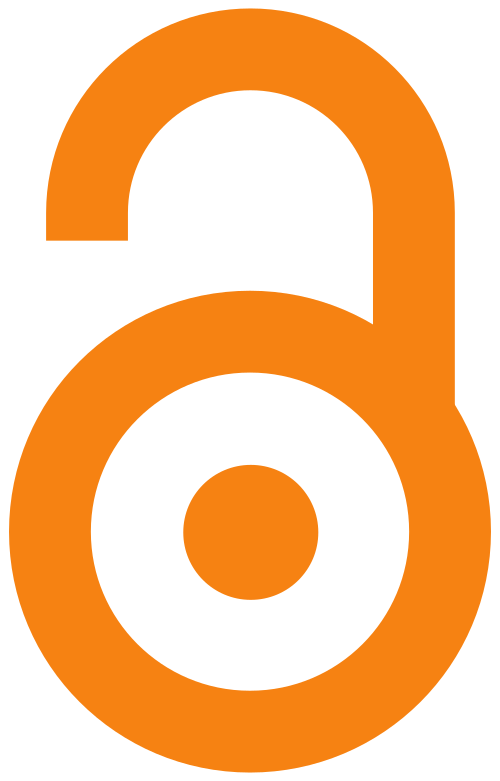We're coming to the end of the now-annual celebration of the Open Access movement. The idea of open access is that knowledge is most useful when it can be shared and is not behind barriers. As anyone who has done research in our library knows, there are limits to our collection, both print and online. Sharing among libraries helps, but even so we often run into situations where we need to pay a copyright permission fee to get an article in a journal we don't have. These can run up to $50 per article, so it's no small matter.
Open Access is a response to those barriers. To quote Peter Suber, who knows more about it than anyone, "Open-access (OA) literature is digital, online, free of charge, and free of most copyright and licensing restrictions. What makes it possible is the internet and the consent of the author or copyright-holder."
To support this movement, the library has recently begun adding open access books that fit our collection to our catalog. (If you encounter one of these, and think we should have a print copy available, let us know; we understand that reading long-form texts on paper has certain advantages). You will also find that journals listed in the Directory of Open Access Journals are included in our software that matches database references to actual articles. And as a department, the library adopted its own open access mandate a couple of years ago - being the first department at a liberal arts college to adopt such a mandate. Since then at least three liberal arts college faculties have adopted college-wide mandates - Trinity, Rollins, and Oberlin colleges. What this means is that the faculty involved will make every effort to make their research available to all, either through publishing in open access venues or through making sure they retain rights as authors to self-archive their work online.
A reminder to Gustavus faculty: though we do not have an official institutional repository for open research, the campus web team has added a handy feature to profiles that makes it easy to upload your work and make it available to the world - as simply as attaching a file to an e-mail message. If you aren't sure if a particular publisher allows self-archiving, check the Sherpa/Romeo database of publisher policies.
For examples of open access projects, see -
images courtesy of Bob Fornal and the Wikimedia Commons


No comments:
Post a Comment